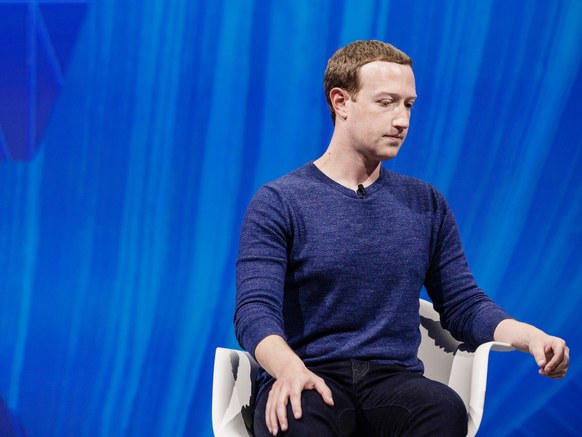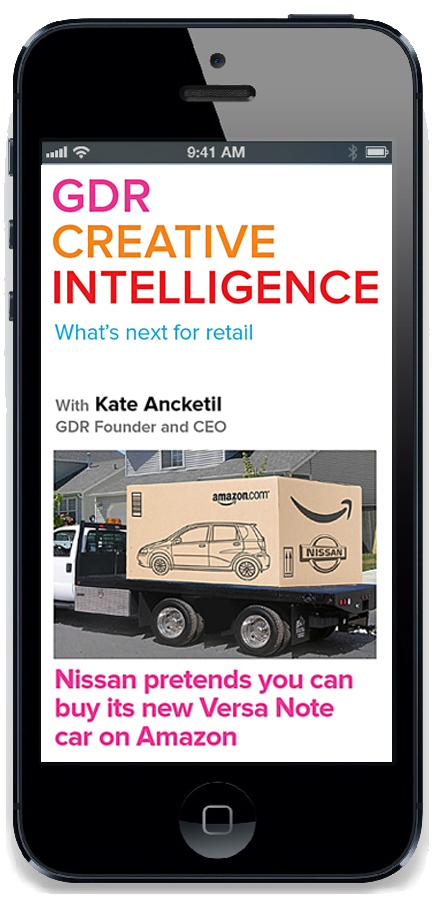This is Facebook’s darkest hour. Will Mark Zuckerberg’s change direction? No he will not
A cache of Facebook documents is seized by MPs investigating the Cambridge Analytica data scandal, looking for proof Facebook knew about the harvesting of over one million UK users’ data for use in political campaigns; a New York Times article details how Facebook hired a PR firm to spread rumours about groups who criticized Facebook for their handling of Russian attempts to influence US elections.
2018 has been a hell of a year for Facebook. Under normal circumstances a public company doing half this bad would fire their CEO. But not Facebook. CEO Mark Zuckerberg will not be fired. He will likely be in place for the next 60 years, like some kind of an information-age autocrat.
One reason involves something called a dual share class. Class B shares, the shares Zuckerberg owns, are weighted differently to other shares in Facebook. Class B shares mean that while Zuckerberg and a small group of insiders control 18 percent of the shares, they also have 10 votes per share. For this reason, Mark Zuckerberg, arguably the most powerful person in the world, will remain founder, chairman, CEO and main shareholder of the publicly-traded Facebook Inc for decades to come.
The second reason is that Facebook’s users don’t seem to care. They use Zuckerberg’s products, including Instagram, however bad the headlines. As one critic put it “everyone criticizes Facebook on Instagram.”
Because he is going nowhere, Sheryl Sandberg, Facebook’s COO (feminist icon, Lean In author, net worth $1.6 billion) will not be fired.
Facebook’s board, which includes Netflix’s CEO Reed Hastings and ex-Chairman of National Commission on Fiscal Responsibility and Reform Erskine Bowles will also do nothing to change the senior management team, currently directing democracy into the abyss.
When Google became embroiled in a scandal concerning the search giant’s sexual harassment policies, Google staff staged a protest. Facebook’s employees, now the most compromised group of workers on the planet, remain as docile as Hindu cows.
The reason? Lack of accountability in the leader has baked-in a lack of accountability all through the organisation. Did Facebook deserve to pay a £500,000 fine for allowing UK users’ personal data to be shared inappropriately? Not according to Facebook.
Whenever Facebook gets caught out doing something bad it offers a standard playbook: do something bad; show no self-awareness; claim it will try harder; make no change at all. (“For the ways my work has been used to divide rather than bring us together, I ask for forgiveness and I will work to do better,” said Zuckerberg. Two years ago.) No wonder Silicon Valley insiders are calling Facebook “Big Tobacco” or, worse still “The Next Yahoo.”
I believe this total lack of accountability must spell eventual doom for Facebook Inc. Imagine, if you would, that the Sunday Times took millions of dollars in political ads to influence UK elections from an entity in Russia. Then, when News International discovered it was Russian intelligence paying for the ads in roubles, Rupert Murdoch kept schtum about it.
Now imagine that, once the truth was revealed, his company hired an agency to cook up conspiracy theories in the hopes of “muddying the waters” to lawmakers about the complicity of the firm. When quizzed on the topic, imagine Murdoch – and his son and second in command James Murdoch – saying they knew nothing about it.
Welcome to Facebook.
At Facebook, no one is responsible for the fact that the company recently claimed they reached 41 million Americans between the ages of 18-24, even though there are only 31 million of them in the US. Facebook have become a by-word amongst advertisers for “lunatic-metrics.”
At Facebook, no one is responsible for “mistakes.” Facebook, who offer no independent audit of their data and prefer to “mark their own homework,” have made errors measuring engagement, reach and views for a staggering 43 products. All of the mistakes, it has been noted, have worked in the social-networking giant’s favour. As one critic pointed out, “when all the mistakes are in your favour they are not mistakes, they are lies.”
At Facebook, no one is responsible for privacy. It’s not their fault they shared the personal data of 90m users with outside firms without permission, or that a data breach affected 50m users. And even if they did, nothing bad came of it, OK? Did you not read their terms of service and privacy policies, now longer than the US constitution? Zuckerberg told representatives at Washington that Facebook would abide by the “spirit” of GDPR privacy regulations, even as they moved 1.5 billion accounts out of Europe to the US to avoid the consequences of those regulations.
To Facebook the concerns of governments are secondary. But they can push back on scandals all they like, there are some problems Zuckerberg cannot deflect nor obfuscate.
Firstly, as others have noted, a migration is underway, away from the public consumption of content on social networks to more private interactions. US adults are spending 31% less time on Facebook’s core social network compared with two years ago. Part of the decline is due to Facebook’s need to jam ads into users’news feeds, inevitably diluting user-experience.
Facebook’s solution to this problem is their wildly successful photo-sharing app Instagram. Right now, ads are around one-fifth of all posts that users see on the platform, double what it was a year ago. But the most popular product on Instagram is Stories, which Facebook pinched off Snap. Stories allows users to post sequential photos and videos of users’ experiences and does not offer too many opportunities for advertising.
Similarly, messaging app What’s App, growing in popularity but losing money, is just as ad-unfriendly. How many users want ads interrupting their text chats with pals? It’s widely believed Facebook’s need to monetize these platforms led to the executive flight of both Instagram and What’s App founders from the company earlier this year.
Facebook’s second problem is government action. As I write this, the UK parliament has seized Facebook’s internal docs to discover what they knew of the Cambridge Analytica scandal. If Facebook are found to be dissembling, criminal proceedings could follow.
But I think the really big problem for Facebook has become Zuckerberg himself. Whatever it took to get Facebook this far is not what is required now. A new skill set is needed, one that does not involve stonewalling, denial and avoidance of all responsibility, Zuckerberg’s current stock in trade.
Today (Nov 27) international politicians from Argentina, Brazil, Canada, Ireland, Latvia, Singapore and the UK gather to quiz Facebook about everything from fake news to how the company handles data breaches. Mark Zuckerberg is not in attendance.
He says he wants change. But he does not want to change.
Posted in: Infographic of the day | Leave a Comment







